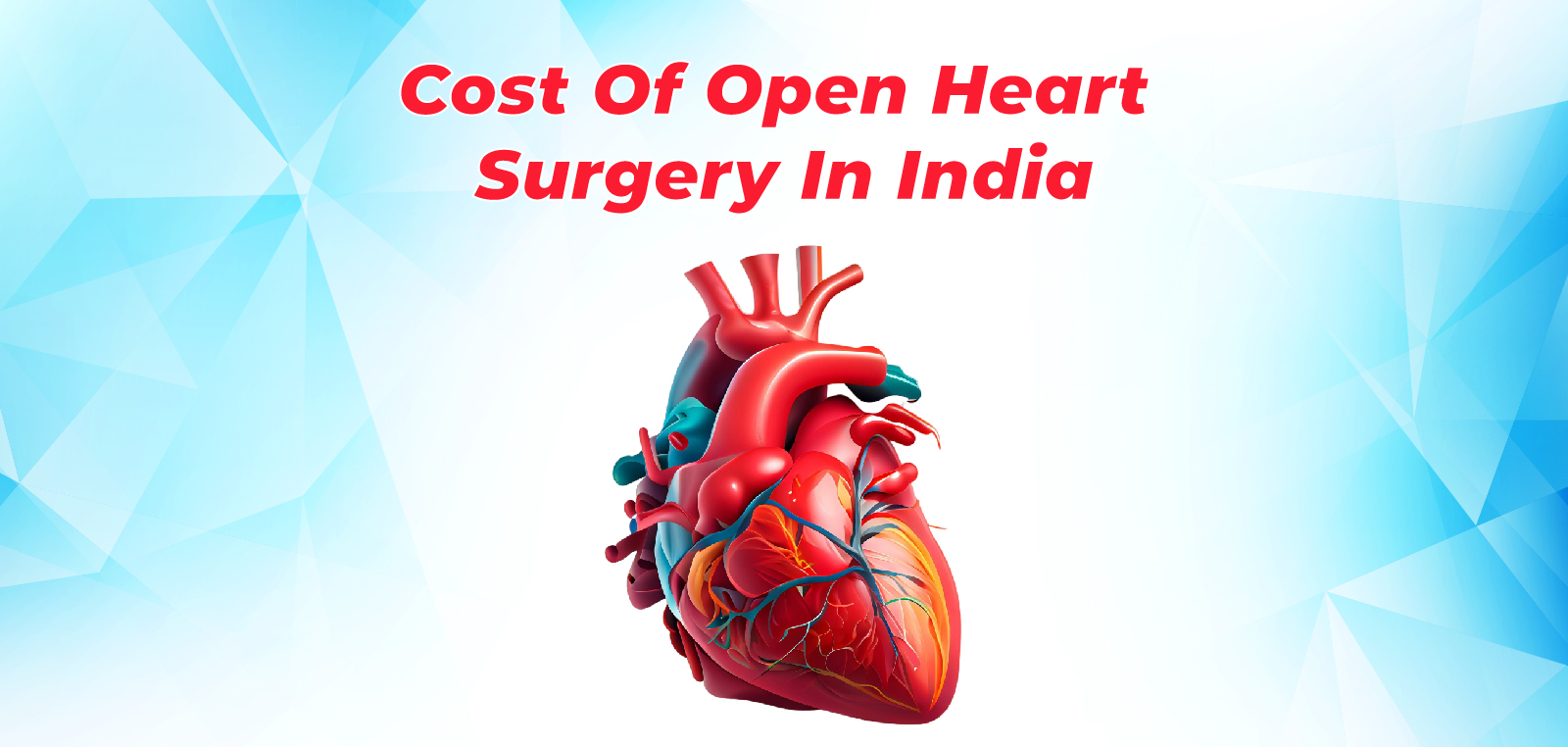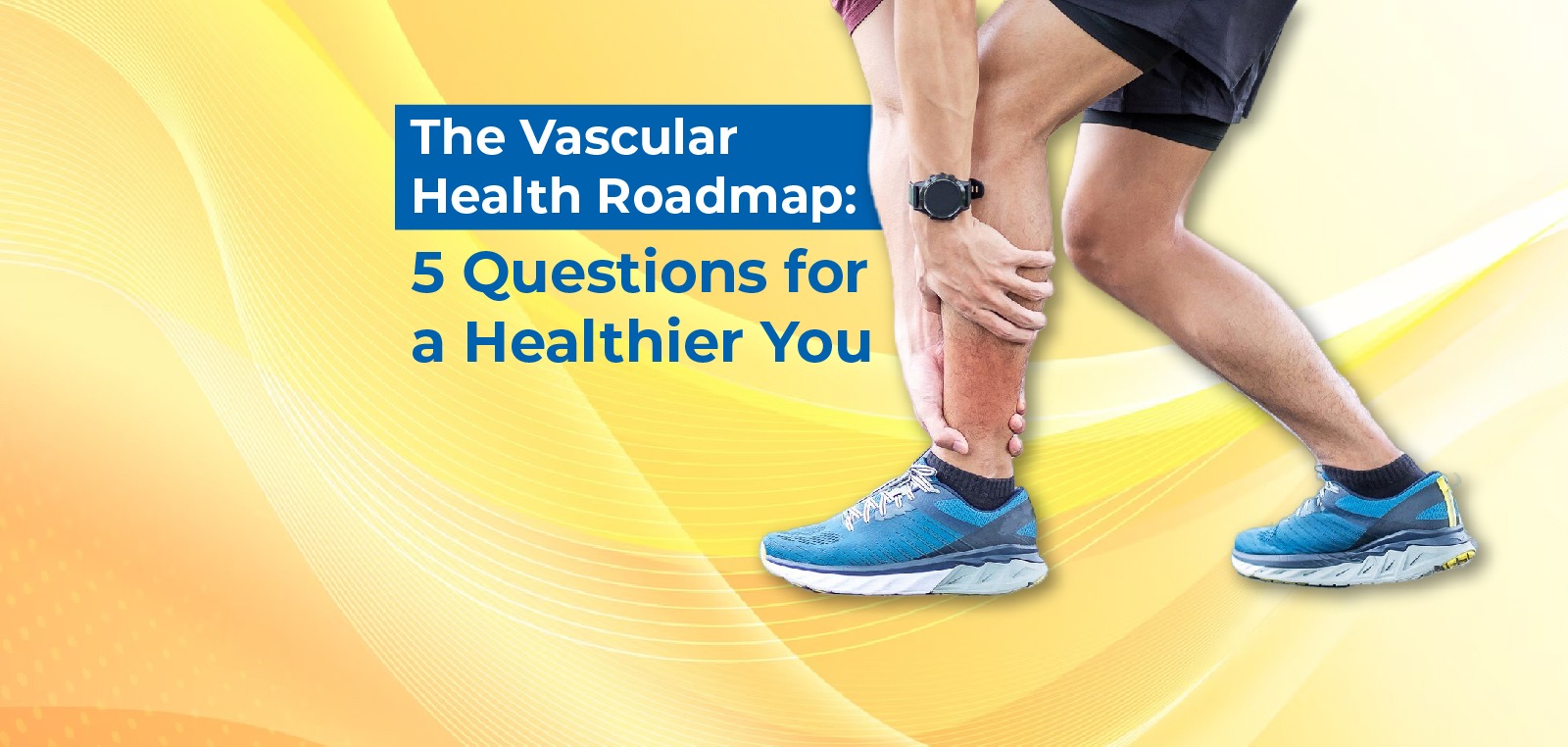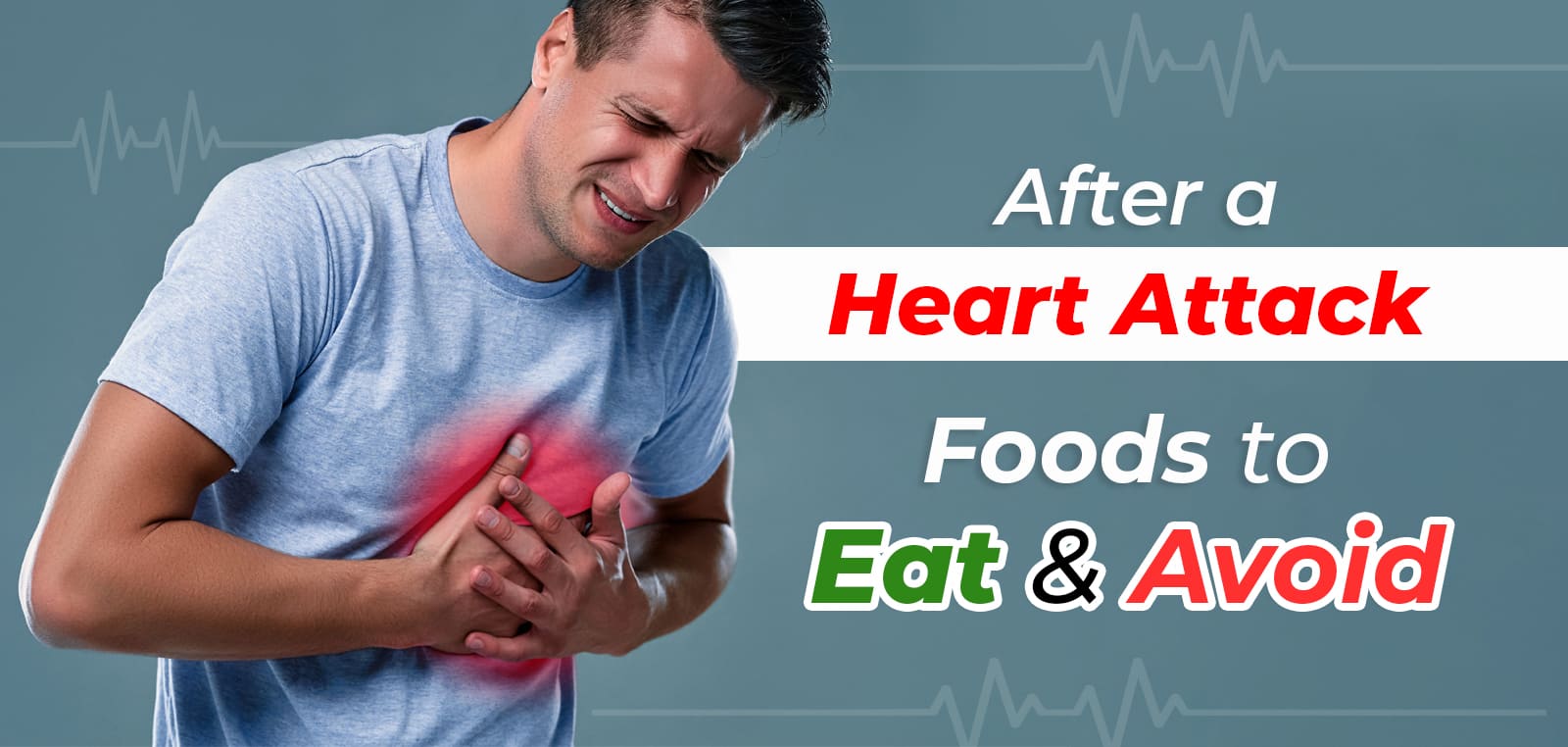- Mon - Sat : 5:30 - 8:30
- Sunday - CLOSED
- +91 99304 53556
- drshridhargpadagatti@gmail.com
- Khar(W), Mumbai
- 001, Himath Ghar
- admindrshridhar
- 0 Comments
Cost of open heart surgery in india
Cost of Open Heart Surgery in India Open heart surgery is a critical and often life-saving procedure that many patients with severe heart conditions may need to undergo. However, one of the significant concerns for patients and their families is the cost associated with such an extensive surgical procedure. This blog aims to provide an in-depth understanding of the cost of open heart surgery in India, with a particular focus on the expertise available at Active Heart Clinic, led by Dr. Shridhar G Padagatti. About Active Heart Clinic and Dr. Shridhar G Padagatti Active Heart Clinic is renowned for its exceptional cardiac care, led by Dr. Shridhar G Padagatti, a highly respected cardiac and vascular surgeon. Dr. Padagatti has an impressive educational background, beginning with his MBBS from JNMC, Belgaum, affiliated with Karnataka University. He then pursued a specialization in General Surgery, earning his MS degree from Goa Medical College. To further enhance his expertise, he completed a super-specialization in Cardiovascular and Thoracic Surgery (CVTS) from Seth GS Medical College and KEM Hospital, Mumbai, graduating with this prestigious degree in December 2009. Dr. Padagatti has worked in several reputed hospitals across Mumbai, Maharashtra. His current affiliations include P.D. Hinduja Hospital, Khar (West), Bharatiya Arogya Nidhi Hospital (Juhu), Holy Spirit Hospital (Andheri East), BSES Hospital (Andheri West), Wockhardt Hospital (Mira Road East), and Bhakti Vedanta Hospital (Mira Road East). His extensive experience and dedication to cardiac surgery have made him a trusted name in the field. What is Open Heart Surgery? Open heart surgery is a procedure where the surgeon makes an incision through the breastbone (sternum) to access the heart. This method, often referred to as “chest cracking,” involves spreading the ribs to gain direct access to the heart. It is a traditional and reliable method for performing various heart surgeries, such as coronary artery bypass grafting (CABG), heart valve repair or replacement, heart transplantation, and surgery for congenital heart defects. Despite the term “open heart surgery,” many modern heart surgeries can now be performed using minimally invasive techniques, which involve smaller incisions and less recovery time. However, traditional open heart surgery remains a standard approach for many complex heart conditions. Conditions Requiring Open Heart Surgery Several heart conditions may necessitate open heart surgery, including: Congenital heart defects such as atrial septal defect (heart hole) and hypoplastic left heart syndrome. Coronary artery disease which may require CABG to bypass blocked arteries. Heart failure where the heart is unable to pump blood effectively. Heart valve disease requiring repair or replacement of damaged valves. Thoracic aortic aneurysm, a bulging of the aorta that can lead to life-threatening complications. In cases of coronary artery disease, open heart surgery may be needed when the coronary arteries supplying blood to the heart become narrowed or blocked due to plaque buildup. This condition restricts blood flow, increasing the risk of a heart attack. Techniques Used in Open Heart Surgery Open heart surgery can be performed using two primary techniques: on-pump and off-pump surgery. On-pump surgery (CPB): This traditional method involves stopping the heart and using a cardiopulmonary bypass machine (heart-lung machine) to maintain blood circulation and oxygenation during the surgery. The machine takes over the heart and lung functions while the surgeon performs the procedure on a non-beating heart. Off-pump surgery: Also known as beating-heart surgery, this technique involves performing the surgery while the heart is still beating. Specialized equipment is used to stabilize the part of the heart being operated on, allowing the rest of the heart to continue pumping blood. This approach eliminates the need for a heart-lung machine and can reduce certain risks associated with stopping the heart. Pre-Surgery Tests Before undergoing open heart surgery, several tests are typically performed to ensure the patient’s suitability for the procedure and to minimize risks. Common pre-surgery tests include: Echocardiogram (Echo): Assesses heart muscle function and valve operation. Electrocardiogram (ECG or EKG): Records the heart’s electrical signals to check for abnormalities. Lab tests: Evaluate kidney and liver function, blood count, and other vital parameters. Chest X-ray: Provides images of the heart, lungs, and chest bones. Dobutamine stress echocardiogram (DSE): Mimics exercise effects on the heart using medication. Treadmill test (TMT): Assesses heart function under physical stress. Complete blood count (CBC): Detects disorders like anemia and infection. Cardiac MRI: Offers detailed images of the heart’s internal structures. Angiography: X-ray technique to examine blood vessels and detect blockages. Performing Open Heart Surgery Open heart surgery typically requires a hospital stay of 7-10 days. The procedure involves several steps: Preparation: The patient is placed under general anesthesia. Incision: An 6-8 inch incision is made in the chest. Accessing the Heart: The sternum is cut, and the ribcage is spread to expose the heart. On-Pump or Off-Pump: Depending on the technique, a heart-lung machine may be used. Surgery: The specific surgical procedure is performed. Restoring Heart Function: The heart is restarted, and blood flow is restored. Closing Incisions: The sternum and skin are sutured. Post-Surgery Recovery After surgery, patients spend time in the ICU for close monitoring. Symptoms like pain, swelling, memory issues, and depression are common post-surgery. Follow-up sessions with the doctor are crucial for recovery. Costs of Open Heart Surgery in India The cost of open heart surgery in India varies depending on several factors, including the type of surgery, the hospital, the surgeon’s expertise, and the patient’s overall health. On average, open heart surgery in India can cost between INR 1.5 lakhs to INR 5 lakhs. Specific procedures, like CABG, typically cost around INR 2.75 lakhs. Conclusion: Open heart surgery is a critical procedure that can address severe heart conditions and save lives. Understanding the costs involved and the procedures can help patients and their families make informed decisions. At Active Heart Clinic, Dr. Shridhar G Padagatti offers exceptional expertise and care, ensuring that patients receive the best possible treatment. If you or a loved one needs open heart surgery, do not delay seeking the necessary medical intervention. Your heart health is invaluable, and timely surgery
- admindrshridhar
- 0 Comments
The Vascular Health Roadmap-5 Questions for a Healthier You
The Vascular Health Roadmap-5 Questions for a Healthier You Embarking on a journey towards better health requires a roadmap, a guide to navigate the twists and turns of your body’s intricate systems. When it comes to vascular health, understanding the fundamentals is crucial for maintaining vitality and preventing potential hazards down the road. In this guide, we’ll explore five essential questions that serve as signposts on your vascular health journey, ensuring a smoother ride towards a healthier you. 1. What is the Vascular System? Picture your body as a network of highways, with veins and arteries acting as the roads that transport blood to every corner. The cardiovascular system, which includes the heart, is well-known, but the vascular system extends beyond, encompassing arteries and veins. While arteries carry oxygen-rich blood away from the heart, veins return oxygen-depleted blood back to it. Think of it as a sophisticated transportation network ensuring essential nutrients and oxygen reach your tissues and organs. 2. What Could Possibly Go Wrong? Unfortunately, quite a lot. Vascular diseases come in various forms, each with its own set of complications. Carotid artery disease, abdominal aortic aneurysm, and peripheral artery disease are among the most common. These conditions can lead to blockages, weakening of arterial walls, and even life-threatening events like strokes or ruptured aneurysms. Recognizing the warning signs and risk factors is crucial for early intervention and prevention. 3. What Are My Risk Factors? Several factors contribute to the development of vascular disease, including genetics, lifestyle choices, and underlying health conditions. High blood pressure, high cholesterol, diabetes, smoking, obesity, and a family history of vascular disease are all significant risk factors. Understanding your individual risk profile empowers you to make informed decisions and take proactive steps towards better vascular health. 4. What Are the Symptoms? Vascular diseases can often be asymptomatic, making early detection challenging. However, certain symptoms, such as leg pain, cramping, or swelling, can indicate underlying issues. Pay attention to signals from your body, especially if you experience sudden changes in mobility or discomfort in your extremities. Prompt evaluation by a healthcare professional can help identify potential problems before they escalate. 5. Why Should I Get Vascular Screenings? Vascular screenings are invaluable tools for early detection and prevention. Non-invasive and painless, these screenings provide a comprehensive assessment of your vascular health, allowing healthcare providers to identify potential issues before they become serious. By investing in preventive care, you not only safeguard your health but also gain peace of mind knowing that you’re taking proactive steps towards a healthier future. Meet the Experts Dr. Shridhar G. Padagatti – Leading the Way in Cardiovascular and Thoracic Surgery Behind every successful journey towards vascular health is a team of dedicated experts, including skilled surgeons like Dr. Shridhar G. Padagatti. With extensive experience and expertise in cardiovascular and thoracic surgery, Dr. Padagatti is committed to providing patients with the highest standard of care. His background and affiliations with prestigious hospitals in Mumbai underscore his dedication to excellence and innovation in the field. Conclusion: Take the First Step Towards Better Vascular Health As you embark on your journey towards better vascular health, remember that knowledge is power. By asking the right questions, understanding your risk factors, and prioritizing preventive screenings, you can take control of your vascular health and pave the way for a healthier future. With experts like Dr. Shridhar G. Padagatti leading the way, you can rest assured that you’re in capable hands every step of the way. Schedule your vascular screenings today and invest in your well-being—it’s the first step towards a healthier you.
- admindrshridhar
- 0 Comments
After a Heart Attack, Foods to Eat and Avoid
After A Heart Attack, Foods To Eat And Avoid Recovering from a heart attack marks the beginning of a journey towards prioritizing your heart health. Among the various aspects of recovery, one crucial element is your diet. What you eat plays a significant role in preventing further heart complications and promoting overall well-being. Renowned cardiac and vascular surgeon Dr. Shridhar G. Padgatti from Mumbai provides invaluable insights into the foods to embrace and those to avoid after experiencing a cardiac event. Foods to Embrace for Heart Health A heart-healthy diet is centered around wholesome, nutrient-rich foods that support cardiovascular function. Dr. Padgatti underscores the importance of incorporating the following foods into your meals: 1. Fruits and Vegetables:Fruits and vegetables are essential components of a heart-healthy diet, packed with vitamins, minerals, and antioxidants that aid in reducing inflammation and improving heart function. 2. Lean Meats and Poultry:Opt for lean cuts of meat and skinless poultry to minimize saturated fat intake, which can contribute to heart disease. 3. Legumes, Nuts, and Beans:These plant-based protein sources are rich in fiber, which helps lower cholesterol levels and supports heart health. 4. Fish:Oily fish like salmon, sardines, and trout are excellent sources of omega-3 fatty acids, known for their heart-protective benefits. Aim to include fish in your diet at least twice a week. 5. Whole Grains:Choose whole grains such as brown rice, quinoa, and oats over refined grains to maintain stable blood sugar levels and promote heart health. 6. Healthy Fats:Incorporate plant-based oils like olive oil into your cooking, as they contain unsaturated fats that can help lower cholesterol. 7. Low-Fat Dairy:Opt for low-fat dairy products like skim milk and fat-free yogurt to reduce saturated fat intake while still meeting your calcium needs. 8. Eggs:Enjoy up to six eggs per week, focusing on consuming more egg whites than yolks to minimize cholesterol intake. Dietary Plans for Heart Health Following a structured dietary plan can provide further guidance on making heart-healthy food choices. Dr. Padgatti recommends exploring the following options: 1. Mediterranean Diet:The Mediterranean diet, rich in fruits, vegetables, whole grains, and healthy fats like olive oil, has been associated with a reduced risk of heart disease and stroke. 2. DASH Diet:The Dietary Approaches to Stop Hypertension (DASH) diet emphasizes fruits, vegetables, and low-fat dairy while limiting sodium intake, making it ideal for managing blood pressure and improving heart health. 3. Plant-Based Eating:A plant-based diet focuses on consuming predominantly plant-derived foods, which can lower the risk of various chronic diseases, including heart disease. 4. “Clean” Eating:Emphasizing whole, unprocessed foods while minimizing intake of added sugars, salt, and unhealthy fats can support heart health and overall well-being. Foods to Avoid After a Heart Attack To protect your heart and reduce the risk of further complications, it’s crucial to steer clear of certain foods. Dr. Padgatti advises limiting or avoiding the following: 1. Processed Foods:Foods high in added sugars, salt, and unhealthy fats, such as fast food, fried food, and packaged snacks, should be minimized or eliminated from your diet. 2. Red Meat:While small amounts of lean meats can be included, it’s important to limit consumption of red meat and processed meats, which are high in saturated fats and cholesterol. 3. Sugary Treats:Foods and beverages with added sugars, such as candies, cakes, cookies, and sugary drinks, should be enjoyed sparingly. 4. High-Sodium Foods:Excessive sodium intake can contribute to high blood pressure and heart disease, so it’s essential to limit consumption of salty processed foods and condiments. 5. Trans Fats:Avoid foods made with hydrogenated oils, as they contain harmful trans fats that can raise bad cholesterol levels and increase the risk of heart disease. 6. Alcohol:While moderate alcohol consumption may have some cardiovascular benefits, excessive drinking can harm the heart and should be avoided. Consultation and Further Guidance For personalized dietary recommendations and ongoing support in managing your heart health, it’s essential to consult with a qualified healthcare professional like Dr. Shridhar G. Padgatti. With his extensive expertise and dedication to patient care, Dr. Padgatti offers comprehensive cardiovascular services to individuals seeking optimal heart health. By following a heart-healthy diet tailored to your needs and lifestyle, you can take proactive steps towards preventing future heart complications and enjoying a fulfilling life. In conclusion, prioritizing nutrition is paramount for individuals recovering from a heart attack. By embracing wholesome foods, following structured dietary plans, and avoiding harmful substances, you can support your heart health and overall well-being in the long run. Remember, your heart is in your hands—make the choice to nourish it with care and intention.



